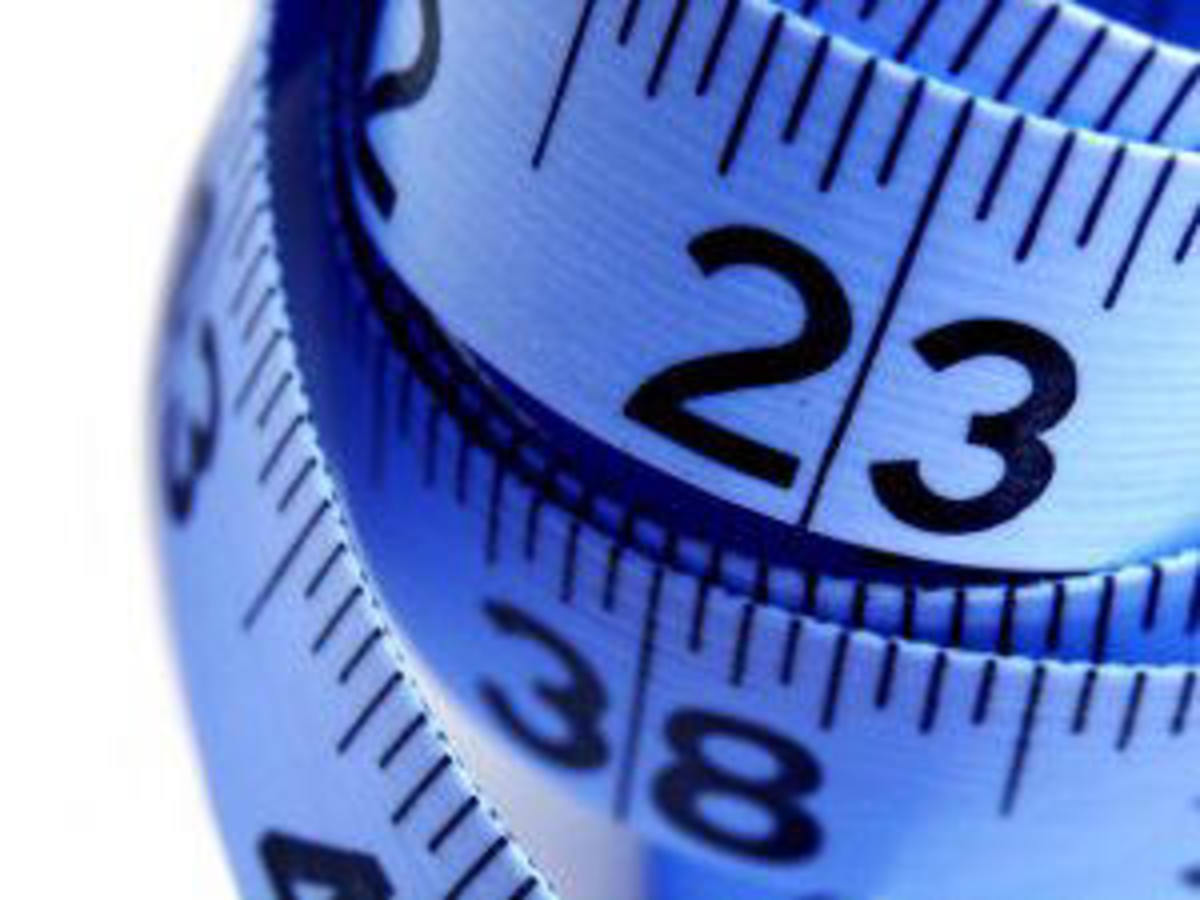Sleep More Lose Weight
Sleep More to Lose Weight
It sounds to good to be true. Sleep more to lose more weight. Something you would see on a late-night infomercial. But recent studies have shown a direct correlation between the amount of sleep we get and the amount of weight we gain or lose.
How Sleep and Weight Loss Work Together
It has been known for a long time that lack of sleep affects us in many ways, including slowing our metabolism and messing with our hormones. But now there are studies that give more detail on how it can affect us in our attempts to lose weight. The hormones affect when and how much we eat which in turn can cause us to either gain or lose weight.
Ghrelin is a hormone produced in our intestines that stimulates appetite. It is supposed to increase before meals and decrease after we've eaten. Research shows that higher levels are found in people who get less sleep which could explain why people who lose sleep have more cravings.
Leptin is the opposite of Ghrelin. It's a hormone produced in fat cells that tell the body when it's full or satisfied. According to a study done by the University of Chicago which measured levels of the two hormones in people based on the amount of sleep they had, leptin increased with more sleep and decreased with a lack of sleep.
There is still a great deal of controversy on this subject, particularly with regards to leptin and how it affects the body. But everyone agrees that until more research is done, it is best to err on the side of getting more sleep, particularly if you are trying to lose weight.
Other Weight Benefits of More Sleep
Besides the hormone levels that change with the amount of sleep we get, there is also the increase of glucose with less sleep. Raised glucose levels can lead to diabetes. Research has shown that glucose levels can change with just one instance of less sleep. Glucose is our body's main source of fuel but when it is high, it causes the pancreas to make more insulin and the body to store the glucose as fat. The insulin surge also causes too much glucose to be carried away and leaves us feeling low on energy and hungry. Then we eat even more which causes the cycle to begin all over again.
A person's metabolism also slows down with less sleep so they can't burn as many calories. We all know that draggy feeling after a short night. Not only does it slow down the calorie burn in doing every day activities, but it makes us unable to exercise. Or if we do, we can't exercise at the higher level of intensity which burns more calories.
Another issue with not enough sleep is that we have less self-discipline. After a late night, when we come into work and someone brings in donuts, it is much harder to turn them down. Our bodies seem to crave the sugar as an energy booster and we don't have the will power to walk away.
Links to More Information
- Ghrelin - Wikipedia, the free encyclopedia
- Leptin - Wikipedia, the free encyclopedia
- How Blood Sugar Levels Affect Weight Loss | CaloriesPerHour.com
When we eat, our body converts digestible carbohydrates into blood sugar (glucose), our main source of energy. Blood sugar determines whether we burn fat or store it. - Sleep deprivation directly affects blood sugar levels - News 2010 - News & Events
Leiden University offers outstanding international students an intellectually exciting learning environment with high academic standards. Rather than concentrating on knowledge transfer, the focus is on debate and critical thinking whereby students' - Being sleep-deprived can slow your metabolism - Health - Diet and nutrition - msnbc.com
Get More Sleep
The bottom line is that it is best to get more sleep. It is recommended that we get between seven and nine hours of sleep each night to get the optimal benefits. Anyone who is trying to lose weight will appreciate any extra help they can get.








